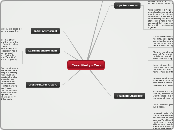von Cheryl Mountain Vor 12 Jahren
445
Case Study - Yuri
To better support Yuri in the classroom, incorporating his first language and personal experiences can enhance his engagement and help him relate to new material. Learning about Yuri’

von Cheryl Mountain Vor 12 Jahren
445

Mehr dazu